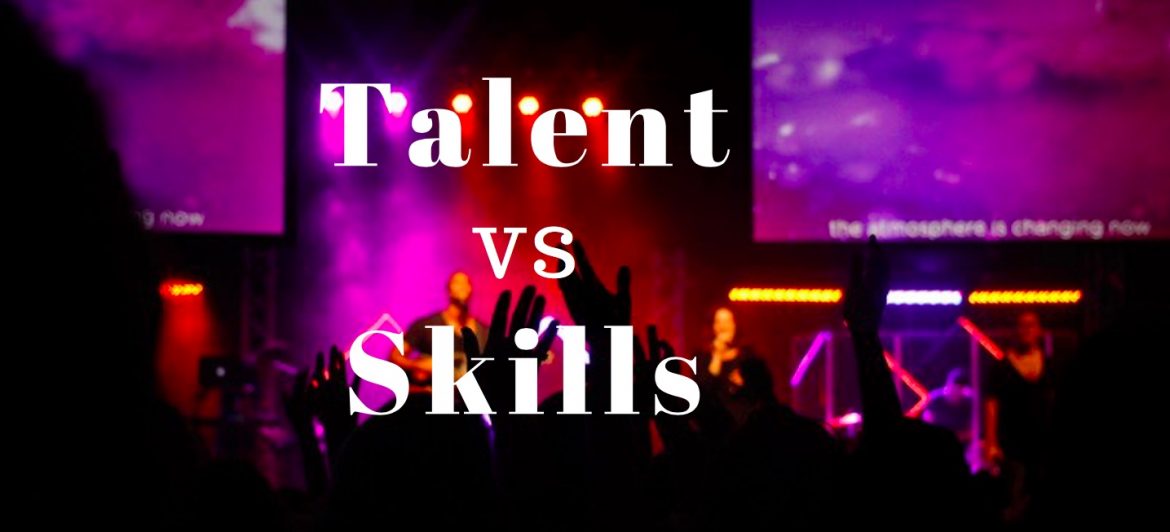During these 10 years of teaching, I have seen students with varied singing talents and skills. Some of them could sing beautifully the moment they vocalised, while some would struggle to sing a few sentences. Everyone is born with different singing talents. Some can easily sing in tune, while others need a longer learning process.
I love to sing since young. Yet, I recall that I am never the best among my peers during the earlier part of my singing journey. Even after completing singing classes, I would break voice when attempting a song that requires a strong voice. Winning singing competitions is like a pipe dream. My voice is light-chested and easily breaks into falsetto whenever I am reaching higher range. Not surprisingly, I gave up singing when I was 23.
It was not until 2007 when I was exposed to this new revolutionary singing method known as Speech Level Singing (SLS), which is recently re-known as the Institute for Vocal Advancement (IVA) technique. I realised my voice wasn’t THAT hopeless. With customised vocal exercises and commitment to learn and practice, I could finally sing with good strength without breaking voice. Very soon, I could sustain a note with vibrato, which I never thought that could be possible.
After starting my teaching career, I eventually realise that every singer has two kinds of scales in them: a scale of Talents (which we’re born with), and a scale of Skills (which we learn after). For those who are born with very beautiful voices and can sing in tune, I would assess their talent scale as high. Yet if they never train their voices with a good voice coach, they may not have the necessary skills to sing without strain, add vibrato at the end of a long phrasing, or build dynamics in their songs. Overall, these lack of skills may make them average singers.
For singers who are born with average/common voices, if they spend time to train on their musicality and vocal techniques, I observe they often sing better than those with higher talent scale but who do not receive training.
Good dancers always practise their most elementary poses and turns, to find out how much strength is exactly needed to make a perfect turn in their performance. Mastering good singing techniques is the same, training and practice are game changers in determining what will become of a person who are high on the talent scale.
Author: Alice Wong

 WhatsApp Alice
WhatsApp Alice